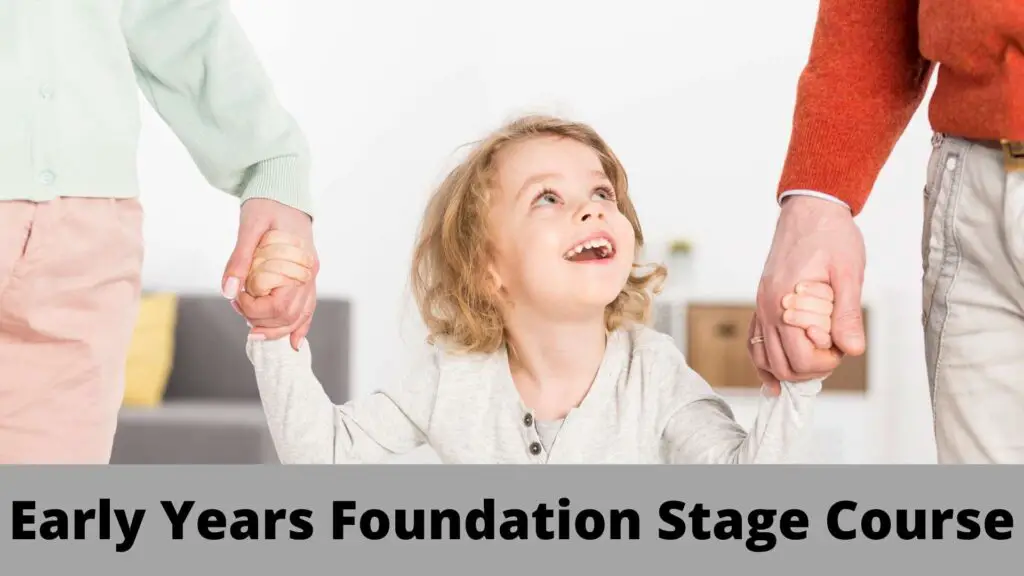Introduction
Every child deserves the best start in life as well as the encouragement they need to reach their full potential. Children grow swiftly in their early years, and the events between birth and age five greatly affect a child’s chances for success in the future. A pleasant, safe, and secure upbringing is significant in and of itself. Together, good parenting and excellent early education give kids the foundation they need to maximise their skills and talents as they get older.
The Early Years Foundation Stage is aimed at supporting the learning and development of children from birth to five years of age. Its primary focus is on assisting professionals, educators, and childminders who look after and educate children under the age of five. Children between the ages of 3 and 5 are typically served by Nursery and Reception. Play is a crucial component of the early years foundation stage, and learning via play is even more critical. More emphasis is put on teaching skills that will support and prepare kids for Year One when they enter the reception year.
What is the early years foundation stage?
The Early Years Foundation Stage (EYFS) establishes guidelines for fostering learning, growth, and safety in registered settings for children from birth to five years old. Early years providers must adhere to the following legal criteria, which are outlined in the EYFS:
- learning and development requirements: specific areas of learning and development which should shape the activities and experiences you offer
- assessment requirements: how you measure children’s progress and feedback to parents or carers
- safeguarding and welfare requirements: what you must do to keep children safe and promote their welfare
The EYFS seeks to provide a secure foundation through planning for each child’s learning and development, and regularly assessing and reviewing what they have learned. This ensures cooperation between practitioners and with parents or other caregivers; equality of opportunity and anti-discriminatory practise, ensuring that every child is supported and included. The EYFS specifies requirements for learning and development and for safeguarding children and promoting their welfare.
Principles of early years foundation stage
Four guiding principles should shape practice in early years settings. These are:
- Every youngster is an individual who is always growing and has the potential to be tenacious, competent, confident, and self-assured.
- Children grow and learn well in enabling situations with teaching and support from people who respond to their unique interests and needs and encourage them to build their learning throughout time.
- Children learn to be strong and independent through positive interactions. A solid working relationship between professionals and parents or other caregivers is advantageous to children.
- The significance of growth and learning. Different children develop and learn at various rates. Children with special educational needs and disabilities are included in the framework’s coverage of early childhood education and care.
Aims and goals
The overarching aim of the EYFS is to help young children to achieve Every Child Matters outcome of staying safe, enjoying and achieving, making a positive contribution and achieving economic well being.
Learning and development
The EYFS is divided up into Seven Areas of Learning and Development, which are:
- Personal, Social and Emotional Development (PSED)
- Communication and Language (C+L)
- Physical Development (PD)
- Literacy (L)
- Mathematics (M)
- Understanding the World (UTW)
- Expressive Arts and Design (EAD)
These seven EYFS sections serve as the foundation for the planning of practitioners. There are additional different areas inside each area, totaling 17 in all. These initially consist of the main disciplines of study. Children can establish a solid foundation within these foundational areas. Personal, Social, and Emotional Development, Communication and Language, and Physical Development are the skills covered by the Prime Areas. Children can gain the abilities necessary to advance in their development by putting this first and concentrating on it.
Early years practitioners will plan activities to cover these seven Areas of Learning. Throughout the day or session, children will have the opportunity to complete activities that cover many, if not all, of EYFS Seven the Areas of Learning and Development.
Best course for early years foundation stage
Nursing revalidations provides Best course for early years foundation stage.
This course aims to provide a gentle introduction to the expectations of the Early Years Foundation Stage and it can also act as a refresher for those wanting to update their knowledge. It will introduce you to some of the key documents and legislation that relate to Early Years providers, the process for registering with Ofsted and the various policies and procedures that need to be in place. It also covers learning and development requirements, how to observe and assess the progress of children in your care and the safeguarding and welfare requirements laid out in the EYFS Framework.

